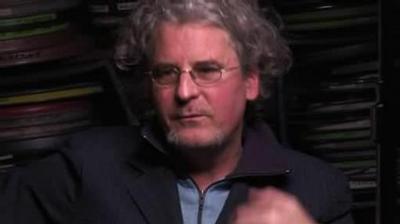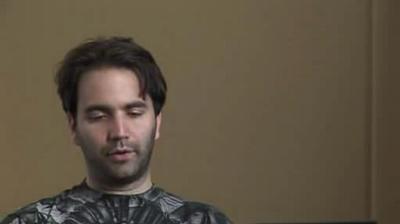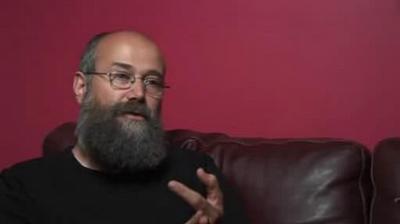
Even before the birth of copyright laws in the strict sense, there already existed systems for the control over information reproduction which gave the owners of copying equipment a stake in cultural production. Moglen sketches the history of copyright law as a form of industrial regulation, and analyses how the changes in technology have thrown the roles created by those laws into crisis. Where once control resided in the physical artefact itself, digitalization has forced the law to step in and control access rather than just copying.

Baldwin was sceptical at the proposition that the current upheaval in the media industry, sparked by digitalization, could lead to a more heterogeneous and decentralized media environment. His doubts are born from experience of previous technological changes, such as home video. His view is that these innovations are quickly absorbed by the media conglomerates and he argues that power is in fact being consolidated rather than broken up. His view is quite dystopian but provides an important counter to technological messianism. For him, critical agency is the necessary key to change, which tools can't provide.

Bram Cohen is the author of the BitTorrent protocol, the preferred method for the distribution of files using distributed networks. Here he outlines the background to BT's development and the engineering problems it was designed to resolve. Thereafter Bram discusses the reasons for the failure of pay-for-access models on the net, and explains why advertising has become the preferred form of monetization of online 'content'.

Does the end of exclusive control over copies spell the death of cultural production? Yochai Benkler thinks not. While the music industry makes money off CDs, musicians supports themselves with performances. He points out that the film studios, on the other hand, take a large part of their revenues from performance and less from media commodities. He outlines how the changing cost structures in film and music production are enabling new stratums of society to create.